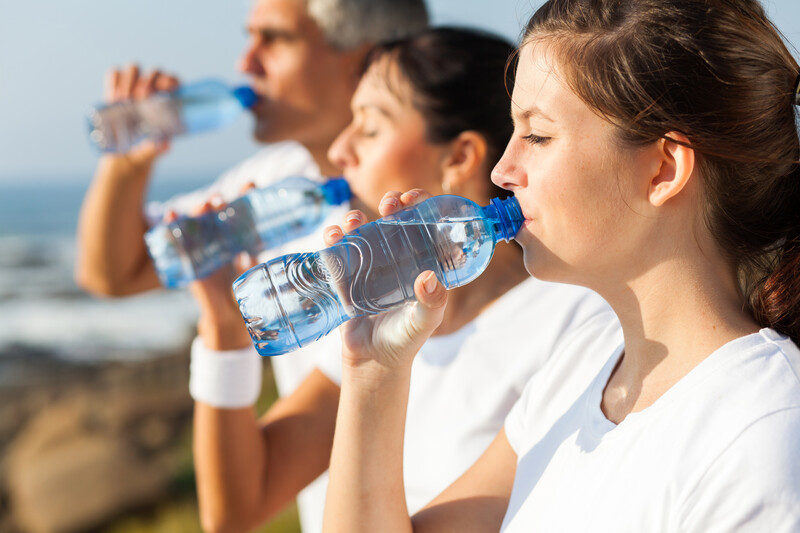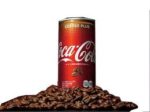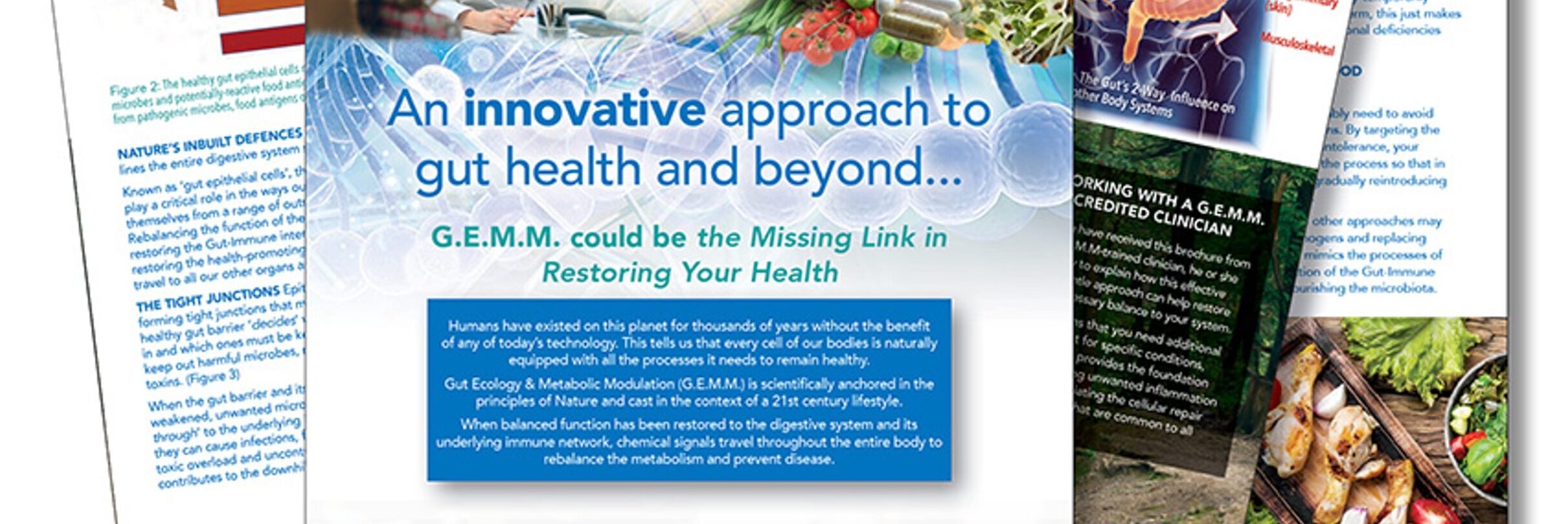The challenges of the 21st Century
Air, water and food are the prime necessities to maintain life. None of them remain pure and unaltered in the 21st Century. Yet humanity survives and thrives (in numbers). Much has been written about organic foods versus foods treated with chemicals and air- and water purifiers are the gadgets of the 21st Century – at least in Asia.
With water being an essential necessity in life the question is are there consequences for health to consume polluted or too little amount of water and does the quality, quantity and kind of liquid humans consume all day long affect our state of health?
Dehydration causes a number of symptoms that may simply be alleviated by increasing water-consumption of fresh and clean water. For example too little water-consumption has shown to lead to delirium in the elderly and is often misrepresented as dementia (Popkin, D’Anci, & Rosenberg, 2011) and it can impair cognitive function and disrupt mood– even at a mild stage (Riebl & Davy, 2013).
Further symptoms of dehydration

- Constipation
- Fatigue and weakness
- Headache
- Rough, dry skin
- Dry mucous membranes in the nose, mouth, or throat
- Low blood pressure
- Nausea
- Intestinal cramps
- Irritability (Pizzorno & Murray, 2013)
But isn’t the body equipped to let us know when we are dehydrated?
Don’t be fooled by your sense of thirst. Dryness in the mouth is quickly and easily satiated by small amounts of water. This stimulates the moisture receptors within the mucous membranes of the mouth, throat, and upper gastrointestinal tract. Apart of the above symptoms the easiest way to detect dehydration is observing your urine. Dark, concentrated, strong-smelling urine produced in small quantities is a sure sign of dehydration.
How much water should you consume?
This depends on your activity-level, gender, size, age, state of health (e.g. diarrhoea or vomiting would increase water-demand quickly), what foods you eat and how much you sweat and urinate throughout the day. It’s always good to look at the colour of your pee.
Does it matter how we get liquid into our bodies?
We do ingest a good deal of water in our foods, especially soups, which are the ideal source of food when we are ill. However drinking certain beverages, such as coffee, black teas and alcoholic drinks have an opposite effect on the body – they dehydrate or they prompt the body to start a detoxification process to eliminate the toxins contained within them, which increases water-demand. In more words: if anything is dissolved in water (coffee, tea, sugar, flavourings, colours, protein, etc.) body and cell hydration is inhibited by the solutes inside them (osmotic principles). The optimal substance of hydration is pure water (Pizzorno & Murray, 2013, p. 1143).
H2O is more than just water, it is
- Building material for amino acids
- Solvent (for salts, glucose, amino acids)
- Reaction medium and reactant (e.g. hydrolysis of proteins, carbohydrates, and fats)
- By-product of metabolism
- Carrier for nutrients and waste products
- Thermoregulator
- Lubricant (joints, tissue, e.g. mucous membranes of the lungs)
- Shock absorber (e.g. intervertebral discs)
H2O is also a conductor for energy
Watch this video: Human Emotions Alter Water Molecules! Dr. Masaru Emoto was a Japanese scientist who published “The Hidden Messages in Water” in 2005. He demonstrated how emotions, such as love, hatred or compassion directed at the water via speech resulted in significant changes in the structure of water using magnetic resonance analysis technology and high-speed photographs. Hateful, discordant verbal intentions resulted in disconnected, unstructured and disfigured water-molecules, whereas words of love, compassion and encouragement formed aesthetically balance and beautiful structures, similar to snowflakes (Office Masaru Emoto, n.d.).

The human adult body consists of about 60% water. The brain and heart contain about 73%. Having symptoms of irritability when we are dehydrated makes a lot of sense (The Water in You: Water and the Human Body, 2019). And -venturing into the realm of energy and Dr. Emoto’s experiments – it also makes sense to feel distraught and heavy when we are a target of hateful speech.
Can we agree that positive speech and thoughts are good for us?

We may not be able to adhere a 100% to the science paradigm of 1907 ‘all treatment has to be proven to be effective by an exact point of science or research, but I nevertheless claim that if someone directs loving kindness and praise toward me, my 73% of water-molecules in my heart and brain respond with joy and upliftment.
Written 23.7.2019
By Monika Ramasamy, clinical naturopath, Yoga Therapist/Teacher
If you like what you just read I will be happy for you to share.






